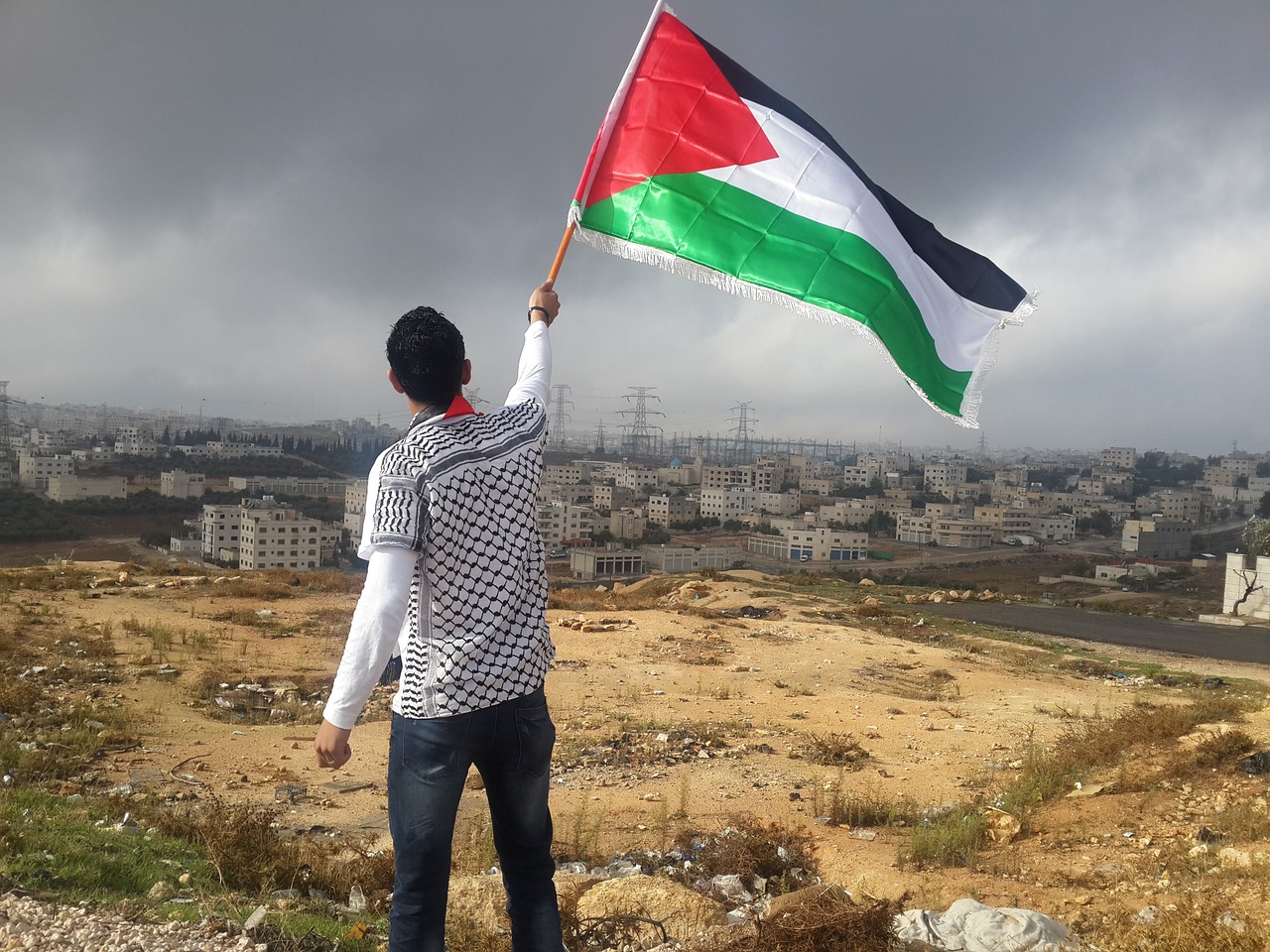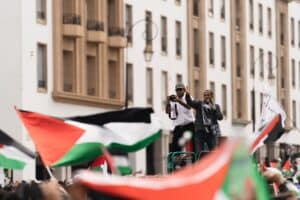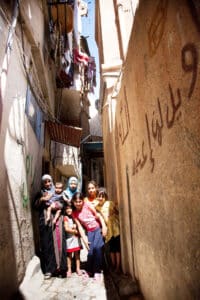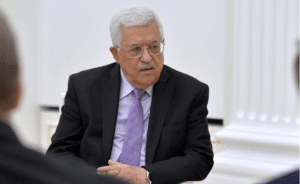On May 14th more than 50 Palestinians were killed during violent encounters with Israeli security forces at the Gaza border. The clashes were the climax of a weeks-long protest movement that called for the return of the Palestinians to their ancestral land. Since the protests began on March 30, Israeli forces killed at least 100 Palestinians in Gaza and wounded close to 10.000 people. The protest movement was part of the seventy seventieth anniversary of the Nakba. The already tense commemoration was this year extra tense because of the opening of the US embassy in Jerusalem. In reaction to events the international community called for restrain while remaining as divided as ever on the Israeli-Palestinian conflict.
Remembering the Nakba
Nakba Day is generally commemorated on 15 May: the day after the Israeli Independence Day. Several hours after the proclamation of the newborn state, Iraq and a few neighboring Arab states invaded Israel. This resulted in the Arab-Israeli War (1948-1949), with around 700.000 Palestine refugees who fled or were expelled from their homes.
This years’ May 15th marked the 70-year anniversary of Nakba Day. This significant timing makes the conflict extra sensitive and all this together has partly caused Palestinians to head into the sixth week of demonstrations as part of the “Great March of Return”. Palestinians are massively marching to the fence constructed by Israel to separate Gaza and Israel and say that they intend to try to pass through the barrier. Israel has already killed at least 100 Palestinian demonstrators in what Amnesty International has called “an abhorrent violation of international law,” involving “what appear to be willful killings constituting war crimes.”
Day of violence
The weeks-long protest movement mobilized a fairly large number of Palestinians in Gaza. On 14 May people were urged to participate in what was called the ultimate effort to break the “Israeli siege”. The effort coincided with a ceremony in Jerusalem in which Ivanka Trump and her husband Jared Kushner officially opened the new US embassy in the city.
At 13 border crossings with Israel, Palestinians started protesting and trying to get into the country. Waves of Palestinians tried to get through the border defenses. The charges were often led by women, followed by teenagers. Israeli security forces subsequently opened fired with live ammunition and tear gas to stop the groups. A chaotic few hours followed in which black smoke and willing wailing sirens dominated the border area. When the black smoke settled, at least 58 were killed and thousands injured.
Blame Game
Israel defended its handling of the protests by blaming Hamas of using the population of Gaza to get fighters from it military wing, Qassam brigades, into Israel. According to an army official the security forces were successful in repealing these terrorists. Khalil al-Hayya, deputy chief of Hamas, reacted by calling Israel and the United States responsible for the violence.
While Hamas and the Israeli government were blaming each other, the Fatah led Palestinian Authority was largely left out. Protests that happened on the West Bank in reaction to the embassy move and the Nakba were relative calm. Mahmoud Abbas was very passive in his reaction to the events on the Gaza border, calling for three days of mourning and a one-day strike. The response underlines the division in the Palestinian leadership. The reconciliation process between Hamas and Fatah is frozen over the last couple of weeks.
Political backlash
The events taken place on the border with Gaza were heavily criticized around the world. Politicians from different countries called upon the international community to pressure Israeli to stop using live ammunition against protesters in the Gaza area. France and the United Kingdom urged all parties to restrain from violence. Udo Bullmann, leader of the S&D group in European Parliament called the events a ”tragedy” and a ”shame”. Bullmann stressed the need for a two-state solution now more than ever. European Union Foreign Policy Chief Federica Mogherini urged “utmost restraint”. After the killing of “Dozens of Palestinians, including children”. United Kingdom Labour Party leader Jeremy Corbyn accused Israel of “flagrant illegality” and added that the UK government “turned a blind eye” to Israel’s disregard for international law.
Other countries called upon the international community to further condemn the violence. Kuwait called during an emergency session of the United Nations Security Council for an independent and transparent investigation into the killings. The United States blocked the resolution. Turkey in reaction to these moves concluded that both Israel and the United States bare responsibility for the killings. President Erdogan even went on to call it “state terror” and “genocide”.



